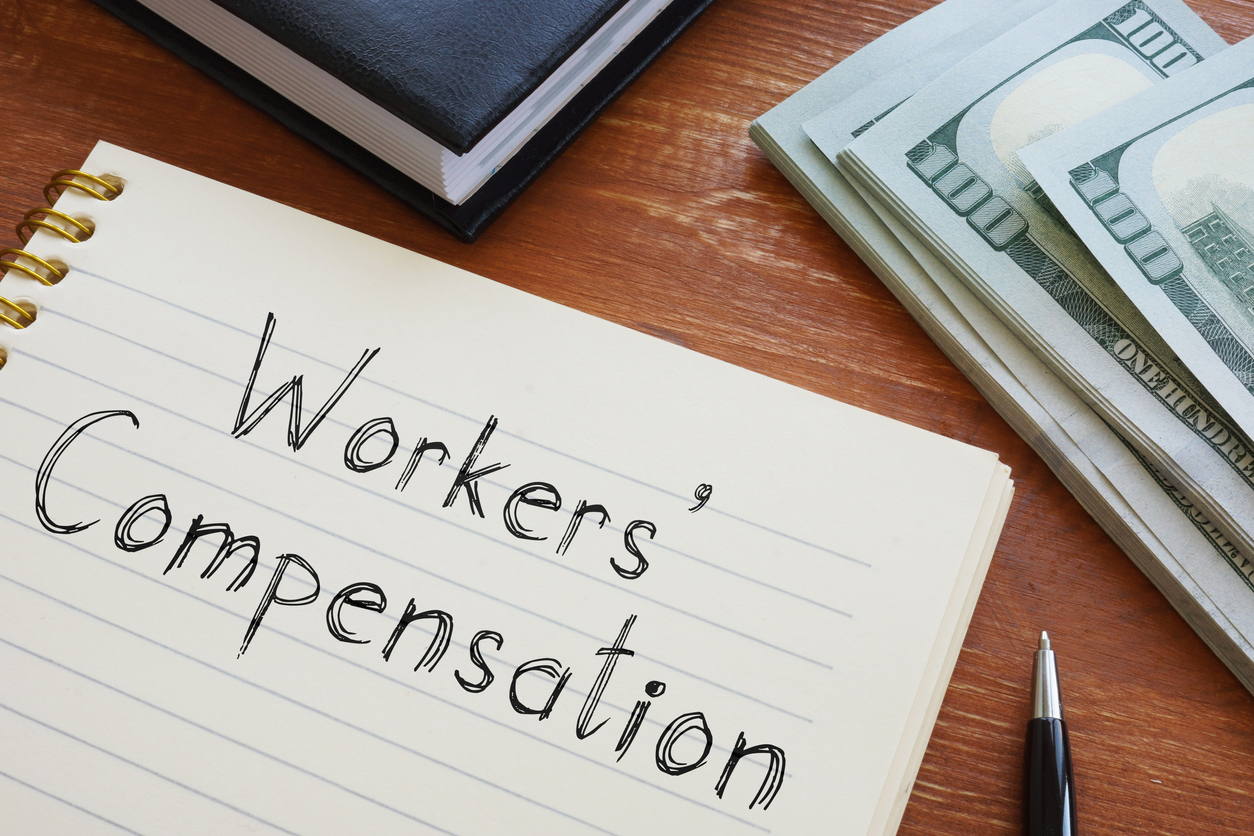Rosenbaum Personal Injury Lawyers | April 12, 2022 | Workers' Compensation

Both workers’ compensation law and personal injury law can provide compensation for people who suffer an injury. However, the terms of these two compensation systems are very different, however. Normally, you will qualify for one, but not the other. But it is sometimes possible to qualify for both.
Compensation for Work-Related Injuries
New York workers’ compensation only provides compensation for work-related injury or death. If the injury is not work-related, workers’ compensation does not apply.
Personal injury law, by contrast, applies to injuries that workers’ compensation does not cover. It also covers certain kinds of work-related injuries (see below).
The Right to Sue
As long as your injury is not work-related, you can file an injury lawsuit against a defendant. However, if you file a work-related injury claim, you usually cannot sue your employer. You cannot even sue a negligent co-worker. Instead, you must resolve your claim through the New York workers’ compensation bureaucracy.
There are two major exceptions to the rule barring civil lawsuits against your employer for work-related injuries:
- You can sue your employer for injuring you through intentional misconduct (punching you in the nose, for example).
- New York law requires employers to carry workers’ compensation insurance. If they don’t, you can sue them in civil court for a work-related injury.
You can also sue your employer for causing a non-work-related injury.
Suing Third Parties for Work-Related Injuries
There is some overlap between the coverage that workers’ compensation offers and the compensation that the personal injury system offers. Suppose, for example, that you are a construction worker who suffered an injury at a construction site owned by a third party.
If your injury arose from a dangerous condition on the property, you may have a premises liability claim. You can file this claim against the property owner as a personal injury claim, even though it was work-related.
Proving Fault For Your Injuries in Workers’ Compensation
You don’t need to prove that your employer was at fault to obtain workers’ compensation. In fact, you can usually obtain benefits if you injure yourself through your own negligence. The rationale behind this no-fault system is that you wouldn’t have suffered your injury had you not been working.
Fault in Personal Injury Cases
In most personal injury claims, you must prove fault—negligence, recklessness, or intentional misconduct. Product liability claims are an exception because all you need to prove is that an unreasonably dangerous defect in the product caused your injury.
New York applies a “pure comparative negligence” system in personal injury cases. The court will apportion fault to each party on a percentage basis. It will subtract whatever percentage of your damages that corresponds to your percentage of fault (if any). Theoretically, you could win 2% of your damages even if you were 98% at fault for the accident.
Getting the Compensation You Deserve
Personal injury law offers far more generous compensation than workers’ compensation law does. In a workers’ compensation claim, you can win economic damages related to medical expenses, lost earnings, and occupational disability.
In a personal injury claim, you can claim not only economic damages but also non-economic damages, such as:
- Pain and suffering;
- Bodily disfigurement;
- Mental anguish/emotional distress;
- Loss of enjoyment of life; and
- Loss of sexual function or intimacy with your spouse;
This is not an exhaustive list of non-economic damages that you might qualify for in a personal injury lawsuit. In a case where the defendant’s conduct was outrageous, you might qualify for punitive damages in addition to economic and non-economic damages.
An Experienced Lawyer Can Guide You Through the Injury Compensation Maze
You may need a lawyer to advise you on whether you should seek workers’ compensation benefits, personal injury compensation, or both. Your lawyer might even find a way to maximize the primary benefit of workers’ compensation (the lack of a need to prove fault) with the primary benefit of personal injury claims (the availability of non-economic damages).
Contact Rosenbaum Personal Injury Lawyers, Our Personal Injury Law Firm in New York City
If you’ve been injured in an accident in Manhattan, NY, and need legal help, contact our New York City personal injury lawyers at Rosenbaum Personal Injury Lawyers to schedule a free consultation.
Rosenbaum Personal Injury Lawyers – New York City Office
100 Wall St, 24th Floor
New York, NY 10005
(212) 514-5007
Our firm is located near you. We have an office in NYC
Find us with our GeoCoordinates: 40.7051415,-74.0067386
Rosenbaum Personal Injury Lawyers – Bronx Office
1578 Williamsbridge Rd suite 3b
Bronx, NY 10461
(929) 447-2347
Our firm is located near you. We have an office in the Bronx
Find us with our GeoCoordinates: 40.8468944,-73.8483118
Rosenbaum Personal Injury Lawyers – Brooklyn Office
32 Court St #704
Brooklyn, NY 11201
(718) 550-3601
Our firm is located near you. We have an office in Brooklyn
Find us with our GeoCoordinates: 40.692948,-73.991038
